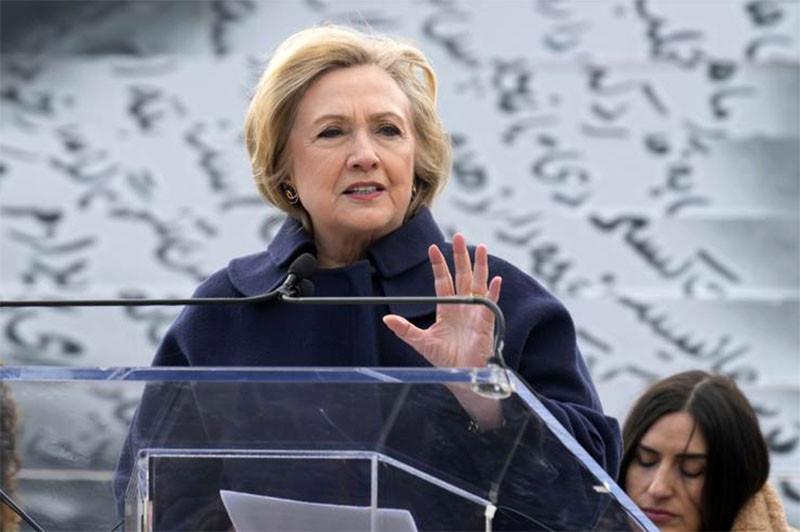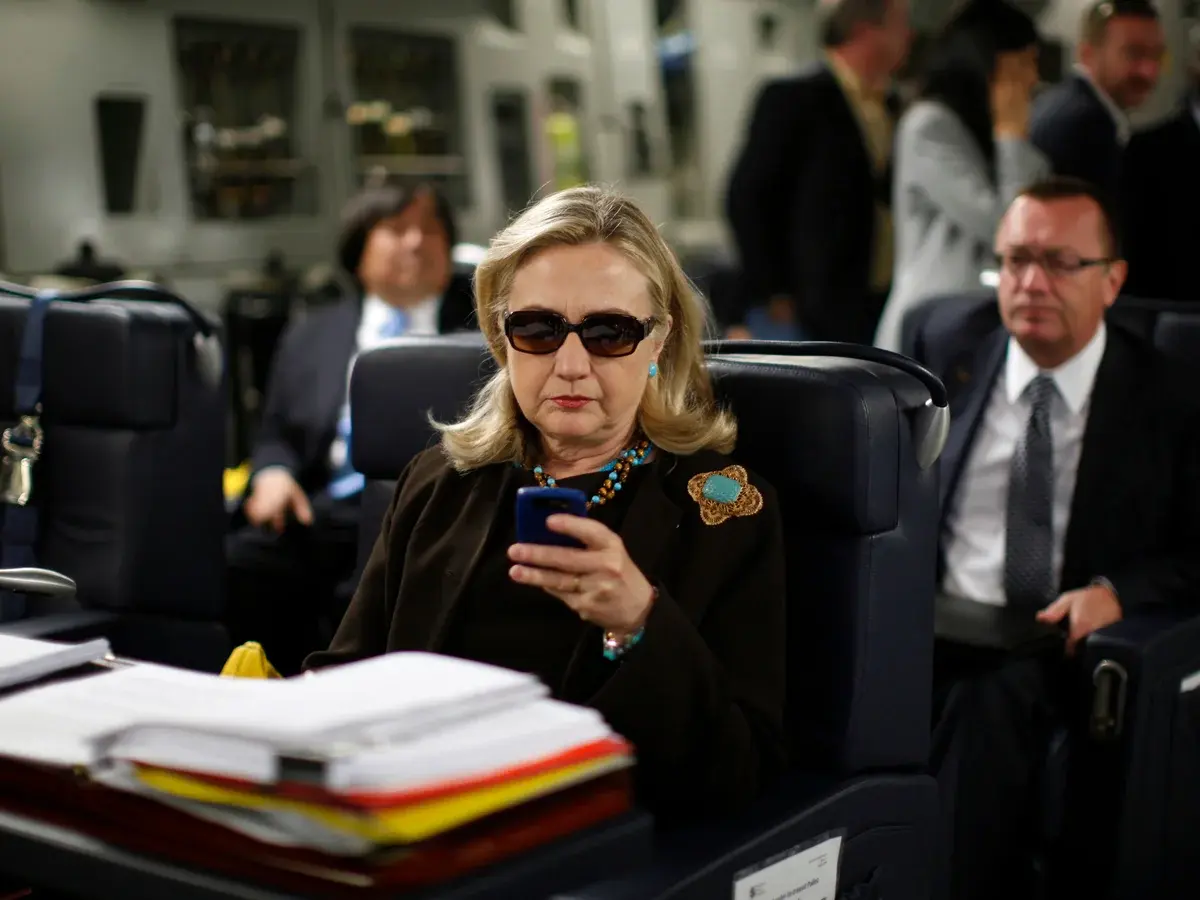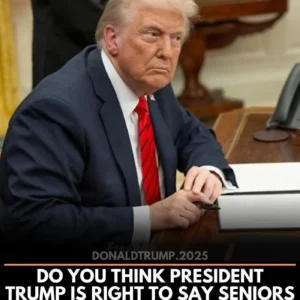Recent social media posts on X have reignited old allegations against the Clinton Foundation, claiming it engaged in shady financial dealings, including accepting foreign donations during Hillary Clinton’s tenure as U.S. Secretary of State from 2009 to 2013. These accusations, which have circulated for years, suggest the foundation served as a conduit for influence-peddling, with foreign governments allegedly gaining favor through contributions. Despite the fervor, no new evidence has surfaced to substantiate these claims, and past investigations have yielded inconclusive results.

The Clinton Foundation, established in 1997 by former President Bill Clinton, focuses on global health, economic empowerment, and climate initiatives. During Hillary Clinton’s time as Secretary of State, the foundation’s acceptance of foreign donations raised eyebrows. Critics argued that contributions from countries like Saudi Arabia and Qatar could pose conflicts of interest, given Clinton’s role in shaping U.S. foreign policy. A 2015 book, Clinton Cash by Peter Schweizer, fueled these allegations, claiming donations coincided with favorable U.S. policy decisions. However, no definitive proof of quid pro quo has been established.
Investigations into the foundation’s activities have been extensive. The FBI probed the organization in 2016, focusing on potential corruption, but no charges were filed. A separate review by the State Department’s Inspector General found no evidence of direct influence over Clinton’s decisions as Secretary of State. Still, the lack of clear exoneration has kept the controversy alive, particularly among political opponents who view the foundation as a symbol of Clinton’s alleged ethical lapses.
On X, users have recently revived these claims, often framing them within broader conspiracy theories about Clinton’s political career. Posts suggest the foundation was a front for personal enrichment or covert political deals, though they rely heavily on recycled narratives rather than fresh evidence. The absence of new documentation or whistleblower accounts weakens these assertions, making them appear more speculative than substantive.

Hillary Clinton has largely dismissed such accusations as politically motivated. In public statements, she has defended the foundation’s work, highlighting its contributions to HIV/AIDS treatment and disaster relief. Supporters argue the scrutiny reflects a double standard, noting that many political figures operate charitable organizations without similar backlash. They point out that the foundation’s financial records are publicly available, showing no irregularities beyond what critics have spun into controversy.
The resurgence of these allegations underscores the polarized state of American politics, where old grievances are easily weaponized on social media. For Clinton, who has transitioned to roles as a professor at Columbia University and a producer of cultural projects, the renewed focus on the foundation may be an unwelcome distraction. Yet, without concrete evidence, these claims risk fading back into the noise of online speculation.
As the 2024 election cycle looms, the Clinton Foundation saga serves as a reminder of how past controversies can be repurposed to shape public perception. Whether these allegations hold weight or remain mere conspiracy fodder, they reflect the enduring scrutiny Hillary Clinton faces in the public eye.






